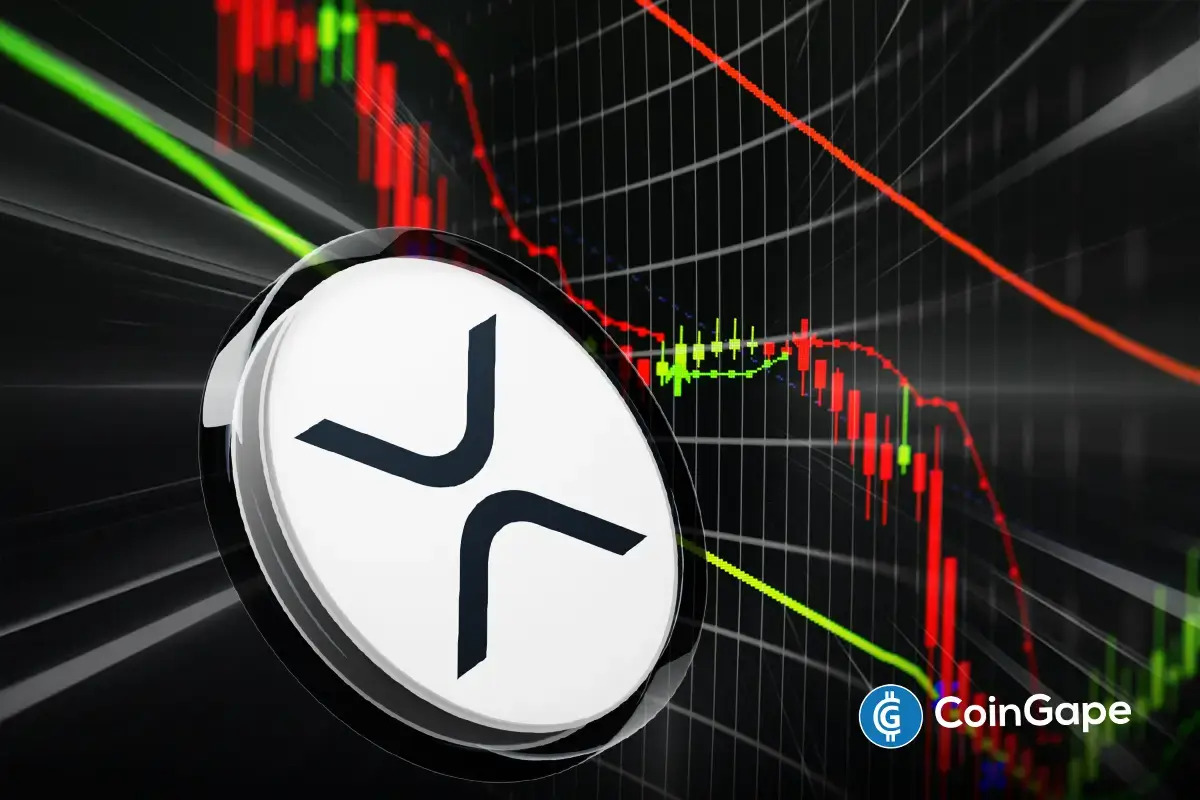Pakistan Establishes PDAA To Regulate $25B Crypto Market

Highlights
- The Pakistan Digital Assets Authority (PDAA) intends to regulate the $25 billion crypto market.
- A single regulatory framework will oversee a broad range of areas, including stablecoins, exchanges, and more.
- Pakistan aims to promote FATF-compliant innovation and encourage crypto adoption.
In a strategic move to harness the burgeoning $25 billion crypto market, Pakistan establishes the Pakistan Digital Assets Authority (PDAA). The country intends to establish a comprehensive crypto regulatory framework and ensure compliance with global financial standards. Will this move position Pakistan as a leader in the global crypto market?
Notably, the PDAA will oversee licensing, compliance, and innovation in the crypto and blockchain sectors, regulating a broad range of areas, including stablecoins, digital wallets, tokenized platforms, exchanges, custodial services, and DeFi applications, all under a unified and adaptable framework.
Pakistan to Oversee Crypto Market via PDAA: Know Details
In a bid to boost the growth of its vast crypto market, Pakistan has unveiled PDAA, an organization to regulate the blockchain-based financial sector. With the establishment of the PDAA, Pakistan joins the ranks of progressive economies like the UAE, Japan, Singapore, and Hong Kong, which have already set up robust crypto regulations to foster innovation. This initiative comes less than a month after India launched a missile attack on Pakistan.
It is noteworthy that the country’s vision is not restricted to crypto or blockchain, but its entire financial landscape. Bilal Bin Saqib, Pakistan Crypto Council (PCC) CEO, noted, “This is not just about crypto — it’s about rewriting our financial future, expanding access, and creating new export channels through tokenization, digital finance and Web3 innovation.”
Significantly, Pakistan aims to promote FATF-compliant innovation, drive economic inclusion, and encourage crypto adoption through PDAA. Commenting on their initiative, Finance Minister and PCC Chairman, Muhammad Aurangzeb, stated,
Pakistan must regulate not just to catch up — but to lead. With the PDAA, we are creating a future-ready framework that protects consumers, invites global investment, and puts Pakistan at the forefront of financial innovation.
In addition to the $25B crypto market, PDAA is expected to regulate the country’s informal crypto market. Moreover, the authority will also facilitate the tokenization of national assets and government debt, provide regulatory clarity for local and international investors, enable the monetization of surplus electricity through regulated Bitcoin mining, and support youth and startups in developing scalable blockchain solutions.
Pakistan Eyes Crypto Leadership
This move is part of Pakistan’s overarching vision of solidifying its position in the global crypto market. With PDAA, the country seeks to establish a regulated crypto trading environment, fostering trust among its international partners and investors.
The country has long been taking efforts to foster its crypto market growth and innovation. For instance, Pakistan established the National Crypto Council (NCC) to develop a legislative framework for cryptocurrency trading, with Binance founder Changpeng Zhao serving as its strategic advisor.
In a recent development, Donald Trump’s World Liberty Financial collaborated with the Pakistan Crypto Council to advance blockchain innovation, stablecoin adoption, and decentralized finance (DeFi) integration across the country.
Additionally, Anti-Money Laundering (AML) and Counter Terrorism Financing (CTF) authorities introduced the country’s inaugural policy framework for digital currencies, aligning with the Financial Action Task Force’s (FATF) global standards for financial integrity and compliance last month.
Play 10,000+ Casino Games at BC Game with Ease
- Instant Deposits And Withdrawals
- Crypto Casino And Sports Betting
- Exclusive Bonuses And Rewards

- Crypto Market Update: Top 3 Reasons Why BTC, ETH, XRP and ADA is Up
- Crypto News: Bitcoin Sell-Off Fears Rise as War Threatens Iran’s BTC Mining Operations
- U.S.–Iran War: Monday Crypto Crash Odds Rise As Pundits Predict Oil Price Spike
- US-Iran War: Reports Confirm Bombings In UAE, Bahrain and Kuwait As Crypto Market Makes Recovery
- XRP Price Dips on US-Iran Conflict, But Capitulation Signals March Rebound
- Bitcoin And XRP Price As US Kills Iran Supreme Leader- Is A Crypto Crash Ahead?
- Gold Price Prediction 2026: Analysts Expect Gold to Reach $6,300 This Year
- Circle (CRCL) Stock Price Prediction as Today is the CLARITY Act Deadline
- Analysts Predict Where XRP Price Could Close This Week – March 2026
- Top Analyst Predicts Pi Network Price Bottom, Flags Key Catalysts
- Will Ethereum Price Hold $1,900 Level After Five Weeks of $563M ETF Selling?

 Buy $GGs
Buy $GGs

















